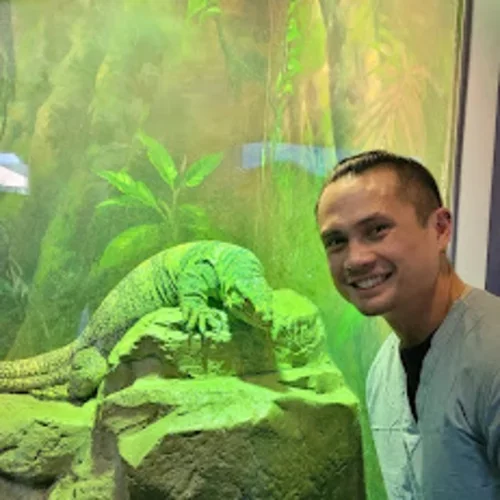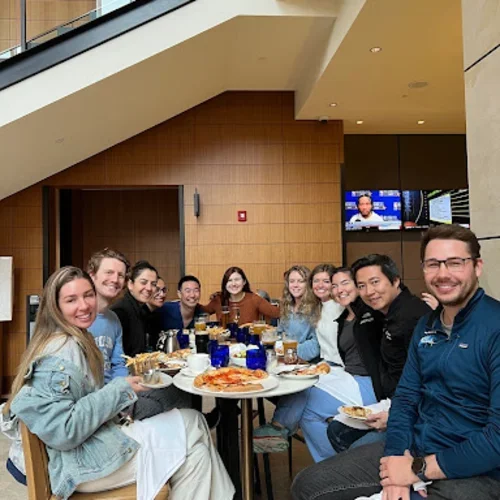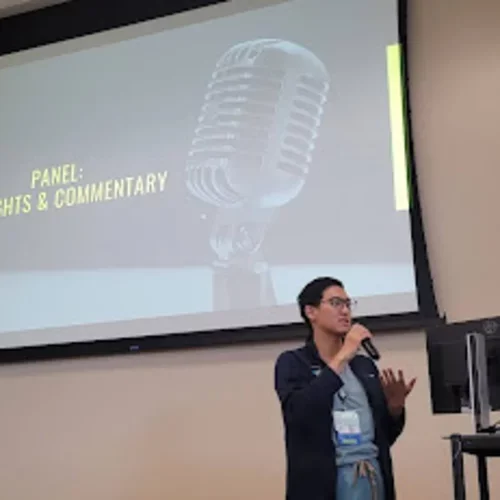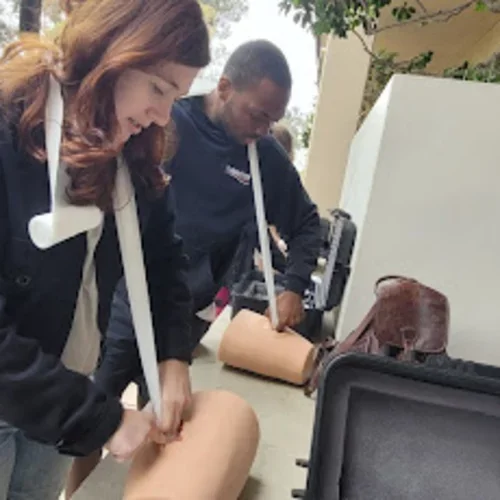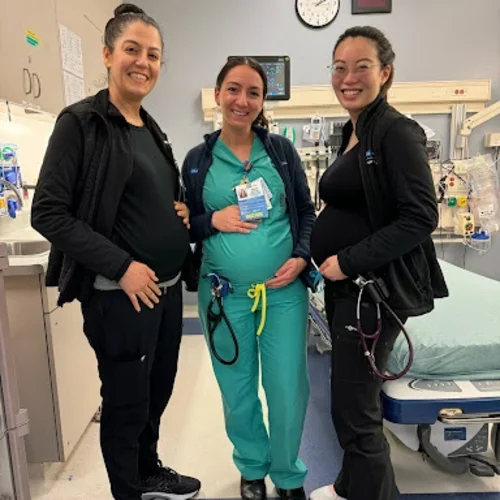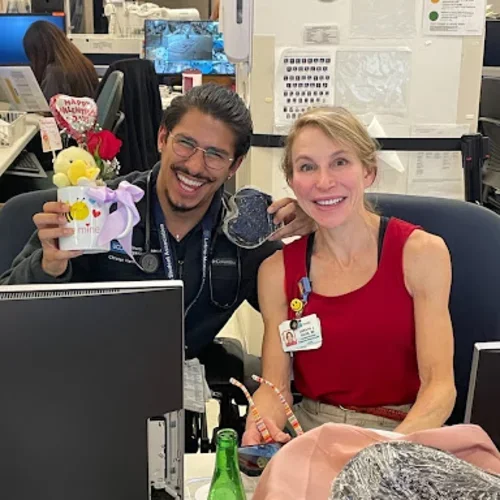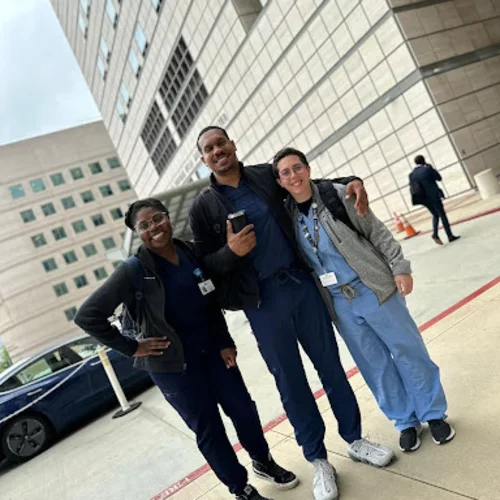Residency Program
About the Emergency Medicine Residency Program
The UCLA Emergency Medicine (Ronald Reagan/Olive View) Residency Program is committed to providing the highest quality medical education by exposing our residents to a well balanced and diverse range of experiences. This is complemented with a "liberal arts" approach in training – residents are intentionally given 20 weeks of elective time to pursue areas of interest and develop expertise in specific areas of Emergency Medicine. To help guide this exploration and education, our residents can pursue different “Pathways,” through which they are connected with mentors and alumni in each subspeciality of EM, providing both structure and mentorship. The available pathways are numerous and continue to grow, but some examples include: medical education, critical care, administration, toxicology, and ultrasound.
We primarily work in three different Emergency Departments. Our residents are split equally between our two primary sites: Ronald Reagan-UCLA Medical Center (a Level 1 Trauma and Quaternary care referral center) and Olive View-UCLA Medical Center (a County hospital and one of the 3 primary Safety Net DHS sites in Los Angeles County). As a senior resident, we also spend significant time at Antelope Valley Medical Center (an incredibly busy and high acuity community hospital in North LA County) due to the incredible patients that present there and the autonomy one can have, serving as a clinical capstone experience for our seniors. Each site is uniquely selected for the very different patient populations, pathology, practice settings and educational opportunities. Together they deliver an incredibly well-balanced and complete Emergency Medicine training experience. Through training at these complementary, high-volume clinical sites, our graduates find themselves prepared to work anywhere.
Our weekly conferences reflect the broad nature of our training. From Journal Club at a faculty member's home to EMS day on a sunny LA beach, our learning experiences are diverse and complementary. Our conferences often incorporate interactive components like simulation, workshops, procedural training, and cadaver labs. As future leaders, our residents are often involved at our medical school, in our residency, on the national stage, and our community. Whether it is a small group session teaching ultrasound to our medical students, providing refugee and migrant care, or mentoring local high schoolers to pursue medicine, we love to get involved! We are incredibly proud of our faculty members, many of whom have gone on to be leaders in the field of medical education, pioneering educational formats including: EM-RAP, #FOAMed, Emergency Medicine Foundations, and much more!
